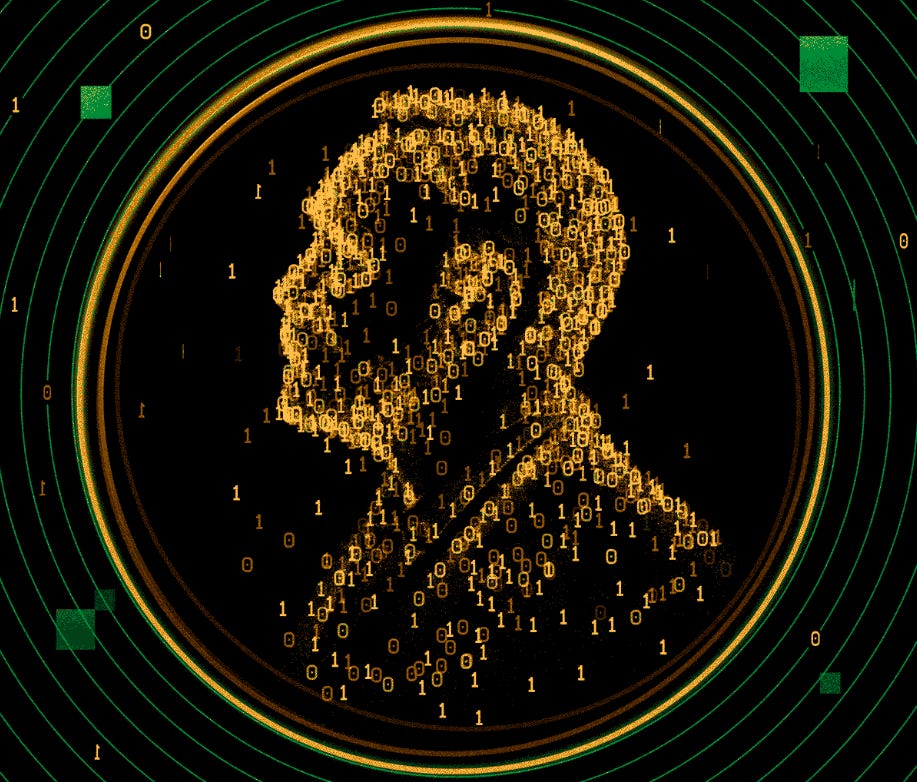Will AI ever win its own Nobel? Some predict a prize-worthy science discovery soon
NATURE
Artificial intelligence models are starting to succeed in science. In the past two years, they have demonstrated that they can analyse data, design experiments and even come up with new hypotheses.
The pace of progress has some researchers convinced that artificial intelligence (AI) could compete with science’s greatest minds in the next few decades.
In 2016, Hiroaki Kitano, a biologist and chief executive at Sony AI, challenged researchers to accomplish just that: to develop an AI system so advanced that it could make a discovery worthy of a Nobel prize.
Calling it the Nobel Turing Challenge, Kitano presented the endeavour as the grand challenge for AI in science1. A machine wins if it can achieve a discovery on a par with top-level human research.
Read more | NATURE

